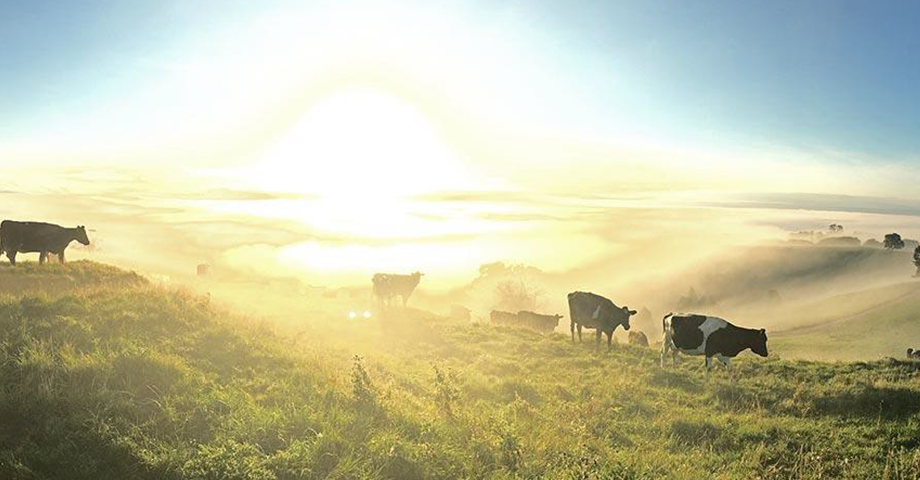
Executive summary
This report examines the challenges and opportunities surrounding farm ownership in New Zealand, with a focus on financial accessibility, succession planning, and emerging ownership models. Traditional pathways such as sharemilking are declining in viability, while high land prices, poor returns, and slow equity growth continue to hinder new entrants.
Farmers are adapting by employing diverse equity building strategies. Aspiring owners rely on financial discipline (43%), surplus animal rearing (41%), off-farm income (41%), and investments (35%). Established farmers favour sharemilking (61%), cost control (44%), and surplus stock rearing (30%). Despite these efforts, access to capital remains a critical barrier, with Tier 1 banks (89%) and family loans (38%) being the primary funding sources.
Alternative models such as equity partnerships, vendor financing, and lease-to-own offer flexible pathways but require strong governance and alignment. Generational shifts are also reshaping ownership expectations, with younger farmers prioritising sustainability, work-life balance, and purpose driven business.
A key concern is the projected capital shortfall: by 2050, the sector faces a gap of $110–$125 billion between available and required capital. Addressing this will require coordinated industry and policy action, including improved financial education, succession planning, and innovative ownership structures.
Case studies confirm that with strategic planning and support; farm ownership remains achievable. However, broader sector challenges such as environmental regulation, climate variability, and market volatility must be addressed to ensure long-term resilience and locally owned agricultural enterprises.
On a personal level, this subject resonates profoundly with my own experiences and upbringing. Having grown up within a male dominated family structure, it became apparent to me from an early age that family succession in rural enterprises was often regarded as an expectation reserved for male members. This was not merely a passive assumption; rather, it was a firmly established norm shaped by generational attitudes and societal frameworks. Decisions pertaining to succession were frequently made in a manner that could only be described as authoritarian, reflecting a regime that operated more as a dictatorship than a collaborative or egalitarian process.
Key Findings
This study identifies a range of critical factors influencing the accessibility and sustainability of farm ownership in New Zealand. One of the most significant barriers is the high cost of land, which, alongside poor returns and slow equity growth, has made traditional pathways to ownership such as sharemilking less viable for many aspiring farmers. Access to capital remains a persistent challenge, particularly for new entrants who often lack the financial backing or collateral required by conventional lenders.
To overcome these barriers, both aspiring and established farmers employ a variety of equity building strategies. Aspiring owners frequently rely on personal financial discipline, rearing surplus animals, off-farm income, and diversified investments. In contrast, established farmers often leverage sharemilking, cost management, and surplus stock rearing to strengthen their financial positions. These strategies reflect the adaptability of New Zealand farmers and underscore the importance of tailored approaches to equity growth at different stages of the ownership journey.
The report also highlights the growing relevance of alternative ownership models, such as equity partnerships, vendor financing, and lease-to-own arrangements. These models offer more flexible and inclusive pathways to ownership, though they require clear governance structures and alignment of values among stakeholders to be successful. The emergence of these models is particularly important considering generational and cultural shifts within the farming community. Millennials and Generation Z, who represent the future of farm ownership, place a high value on worklife balance, sustainability, and purpose driven work. Their digital fluency and preference for collaborative, values-based business models are reshaping the expectations and structures of farm ownership.
Current farm owners play a pivotal role in supporting the next generation by initiating succession planning early, offering flexible ownership arrangements, and providing mentorship. The report emphasizes the need for industry-wide and policy level support to facilitate these transitions. Recommendations include enabling the use of KiwiSaver funds for farm investment, introducing tax exempt savings schemes for farm purchases, and expanding financial literacy and mentorship programs.
Case studies included in the report validate the effectiveness of these strategies, demonstrating that with strategic planning, financial discipline, and strong support networks, farm ownership remains an achievable goal. These real-life examples also reveal that equity growth is the most rapid in the early years of a farmer’s progression and tends to stabilize over time.
Finally, the report underscores the broader challenges facing the sector, including environmental regulations, climate variability, and market volatility. These pressures necessitate coordinated action across industry bodies, government agencies, and farming communities to ensure the long-term resilience and sustainability of New Zealand’s agricultural sector.
As an industry, we must respond to a growing headwind that we all acknowledge is upon us. It’s time to take decisive action by:
- Addressing financial barriers that hinder farm ownership and growth.
- Supporting equity-building strategies for both aspiring and established farmers.
- Promoting alternative ownership models that offer flexibility and inclusivity.
- Adapting to generational shifts, embracing values like sustainability and work-life balance.
- Empowering current farm owners to mentor and support the next generation.
- Securing policy and industry support to build resilience across the sector.
Michele Cranefield




